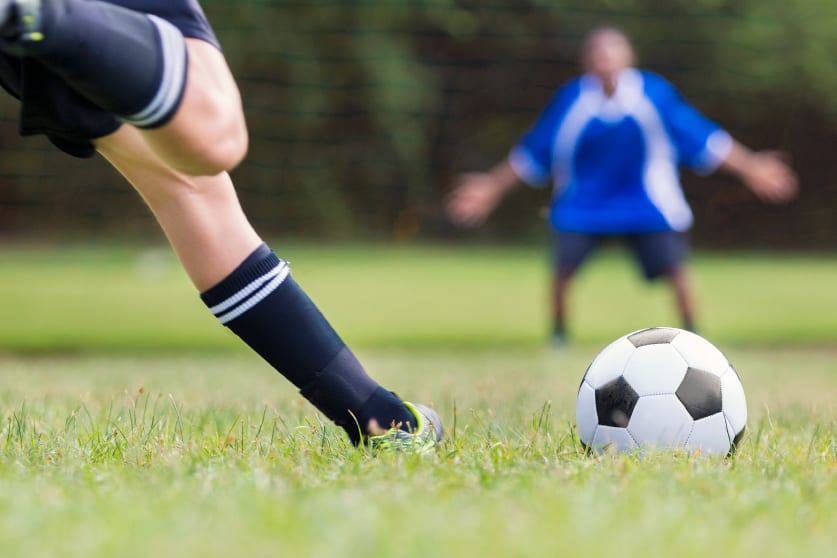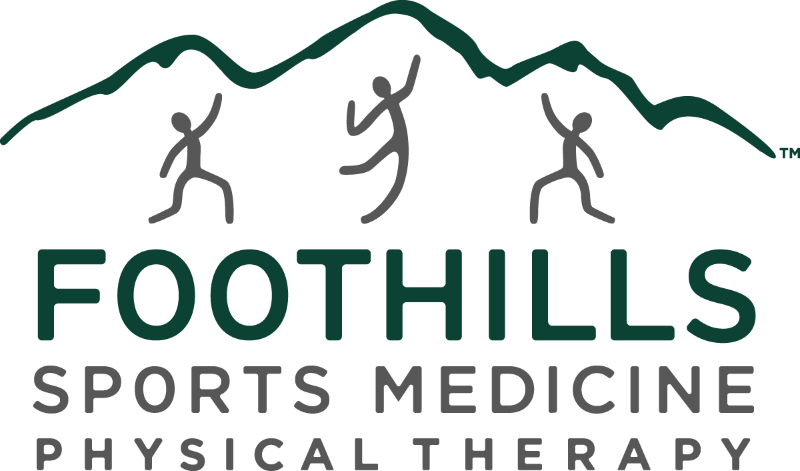We’re rounding out National Athletic Training Month with one last athletic training spotlight on Kelly Zink, AT. We hope you’ve enjoyed this series and now have a better idea of what athletic trainers do, the population they help, and their commitment to compassionate care for all.
What is your background in athletic training?
Kelly Zink: I graduated from Grand Canyon University with my bachelors in athletic training in 2009. I have work in several different settings as an athletic trainer over the last nine years. After I graduated, I became the first full time graduate assistant for GCU working with women’s soccer, men’s volleyball and men’s and women’s golf. Along with athletic training duties, I also taught Exercise Science labs and Kinesiology lab for the athletic training program. After two years in the collegiate level, I moved to the high school setting in North Phoenix doing outreach for Pinnacle High School with the outpatient clinic, Physiotherapy Associates. Transitioning from the conventional athletic training position, I worked for a durable medical company, Elite Care fitting medical equipment including knee braces, ankle braces, should slings, surgical post op brace etc.
However after three years, my passion for working hands on with patients returned, which is how I became an employee for Foothills Sports Medicine Physical Therapy at Arrowhead. I met Doug Howard through a colleague and mutual friend and was even a patient of his at one point. After experiencing the electrifying and warmth of the staff and the patients, I could not pass up the opportunity the work for such an amazing group and company. Since working for the Arrowhead clinic, in November of 2017, I was blessed with the opportunity to be the athletic trainer for the new Glendale location and have taken on more administrative responsibilities. Not only has it been an incredible experience, I have the pleasure to work with an incredible staff.
Why did you become an athletic trainer?
Kelly Zink: My passion for athletic training started after tearing my ACL for the second time in college. I had an amazing athletic trainer who helped me recover and continue with my collegiate career as a hurdler in track and field. After the countless hours of physical therapy, I saw the compassion and dedication my AT had for not only me and my injury, but for all the other athletes he was responsible for. After graduating from UC Santa Barbara in 2006 with a degree in Sociology, I decided to pursue a career in athletic training at GCU, which to this day was the best decision I ever made.
What role does an athletic trainer play for sports teams?
Kelly Zink: The role of an athletic trainer in sports is multifaceted. Even though the duties of an athletic trainer may vary by the setting, the passion and drive required for this profession is the same. The NATA describes the practice of athletic training as, “the practice of athletic training encompasses the prevention, examination and diagnosis, treatment, and rehabilitation of emergent, acute, subacute and chronic neuromusculoskeletal conditions and certain medical conditions in order to minimize subsequent impairments, functional limitation, disability, and societal limitations.” As important as the listed responsibilities of an athletic trainer are, when it comes to sports teams there is some much more that is required. Our role as athletic trainer is not only to help with the healing of the body but also to provide education, support and guidance to the athletes. Any injury to an athlete, no matter the age or sport requires the knowledge to return the athlete to the field physically and mentally.
Where do you see the profession going in the next 5 years?
Kelly Zink: Unfortunately, after being the field for the past nine years, I feel the profession of athletic training is one of the most underrated health care professions. A majority of people, even those involved in the sports realm, do not know what an athletic trainer is or what we do as a profession. We are often confused with personal trainers or strength coaches. However, with the transition to a required Master’s degree, I am hopeful the athletic training profession will progress in health care as an invaluable necessity in athletics in the next 5 years.
What advice would you give to someone who wants to pursue athletic training as a career?
Kelly Zink: The advice I would give someone who wants to pursue athletic training as a career is to have passion for the profession. There are some day that can be difficult, but if you love what you do, then even the challenging days are worth it. Athletic trainers rarely receive credit or acknowledgement for our hard work, however, being an athletic trainer can be one of the most fulfilling jobs if you have passion and a desire to help others.
Thank you to everyone for following along our athletic trainer spotlight for National Athletic Training Month. If you have further questions on athletic training in Arizona, please reach out—as we’re happy to answer those questions and share with you our athletic training services.
NATM: Insight from an Athletic Trainer




